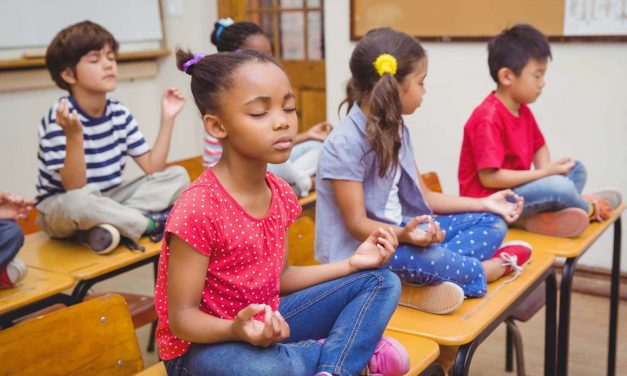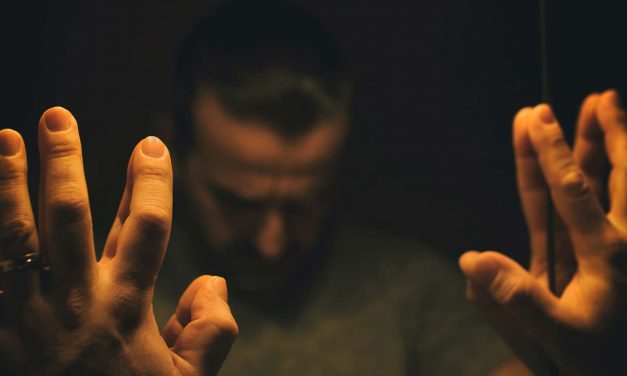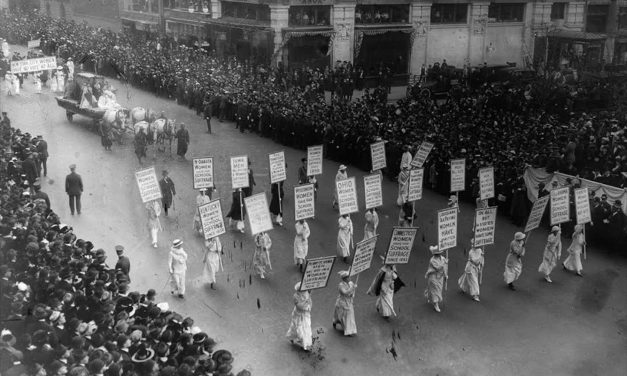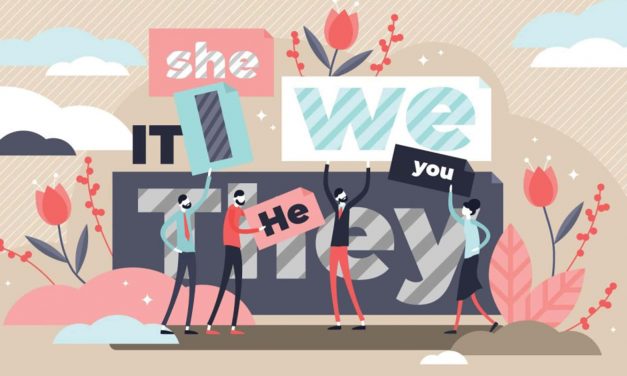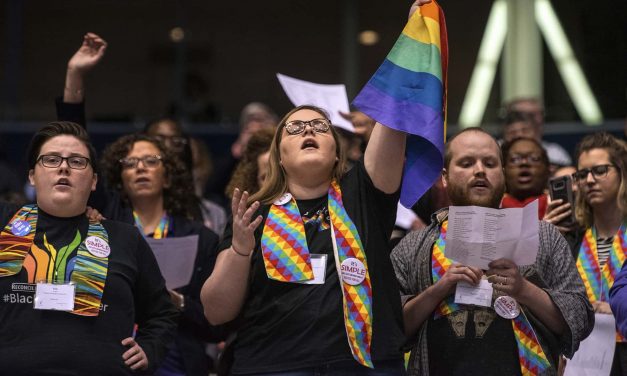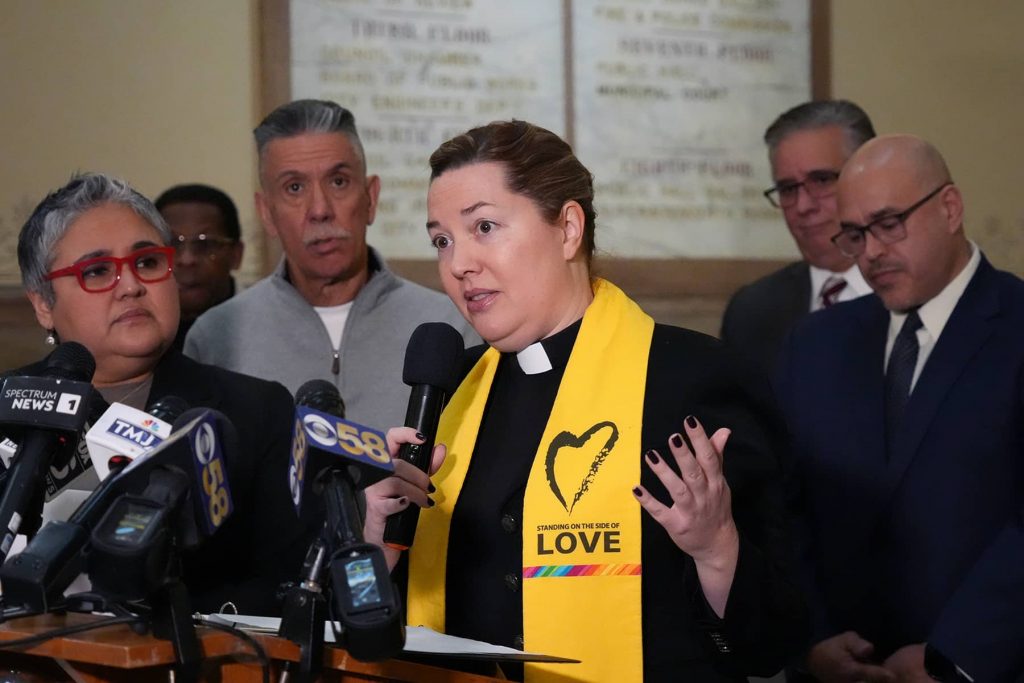Schools can do more to protect young children from the negative health consequences of racism
By Melanie Killen, Professor, Human Development and Quantitative Methodolodgy, University of Maryland Racism has negative consequences for children’s health. It harms the kids who experience it personally and those who witness it, according to the American Academy of Pediatrics, an organization that represents 67,000 doctors who treat children. I am a developmental psychologist who studies the origins of prejudice in children, including teenagers. The research team I lead investigates the kinds of experiences that can help make kids become less prejudiced. We help local school districts with their efforts to encourage all children to get along well with others,...
Read More
